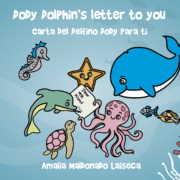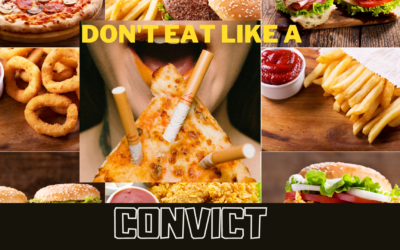Introduction by Mayara Deo
It all starts innocently. We all pick up habits, coping mechanisms, and distractions in order to feel capable of running our lives. This book focuses on dietary decisions and how they are not your fault but your responsibility. We have all lived lives with various different experiences and stressors. We all carry childhood disapprovals, disappointments, and shame that in our adult states have learned to shove down into our subconscious with unimaginable strength and devotion. But every now and then come these triggers that activate these memories and repressed emotions to which we reactively ‘end’ by numbing them down or distracting ourselves.

Series one of Eating Like a Convict focuses on helping you develop the strength and courage to bring these emotions out of your shadows and on your own terms. By being your own governor, you decide what gets to stay and occupy your mental state, and what you want out and done with.
This cleansing is hard and takes courage but most of all: it takes persistence. Because years down the line of you reading this book, there might be a trigger that brings you back to that belittled, dark, self-loathing state of mind; and once again, you must go through the steps gently listed in this series.

Don’t eat like a convict. Photo by pexels-pixabay-247851
In its essence and purpose, this book provides an education that as a child you should have received but probably did not. And that’s okay, it’s actually perfect – because now you get to find the strength to put yourself together with understanding, acceptance, forgiveness, and love. You get to be the parent you silently wish you had. You get to mentor and supervise whilst allowing for mistakes and progress to occur without resentment or shame. The fragility and ignorance and free will of a child are still present deep within you, which is why you may lash out, run away, or ignore when something unpleasant happens to you.
![]()
It is not fair to that inner child to be shamed or forgotten and they have a right to lash out because you (the adult) ARE NOT LISTENING. You don’t do fun things anymore, you judge what they want to wear or eat or say and you try really, really hard to hide them away from your reality. So now, they feel sad and forgotten and you feel responsible – because you are. You are grown and have the ability and access to nurture, provide, and empower but you lack the know-how and the steps.
And this is where we come in. Amália Maldonado, Lucia M. Barbosa, and I, Mayara Giorno, have come together from very different generations and life experiences. Synchronicity brought us together, but life gave us the why.
This post was written by Mayara Deo.






0 Comments